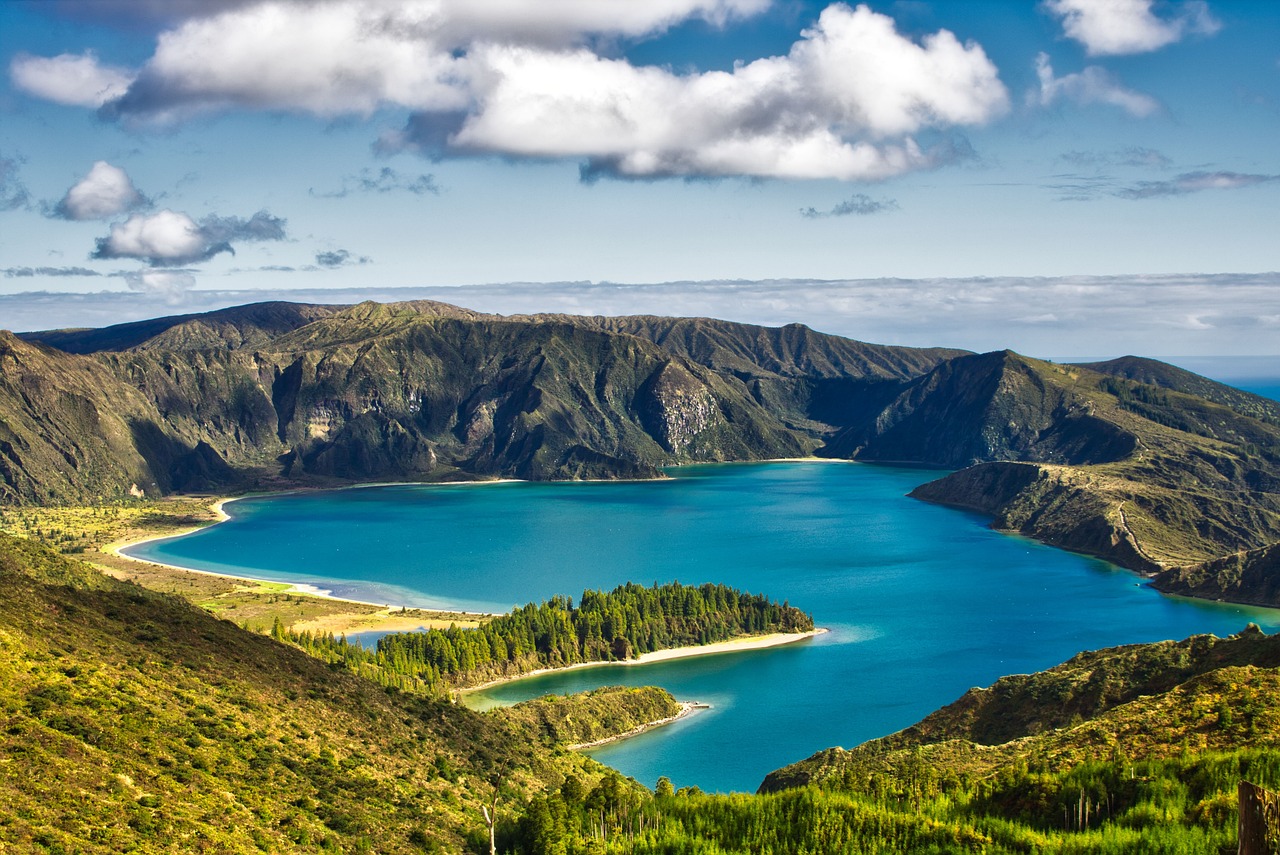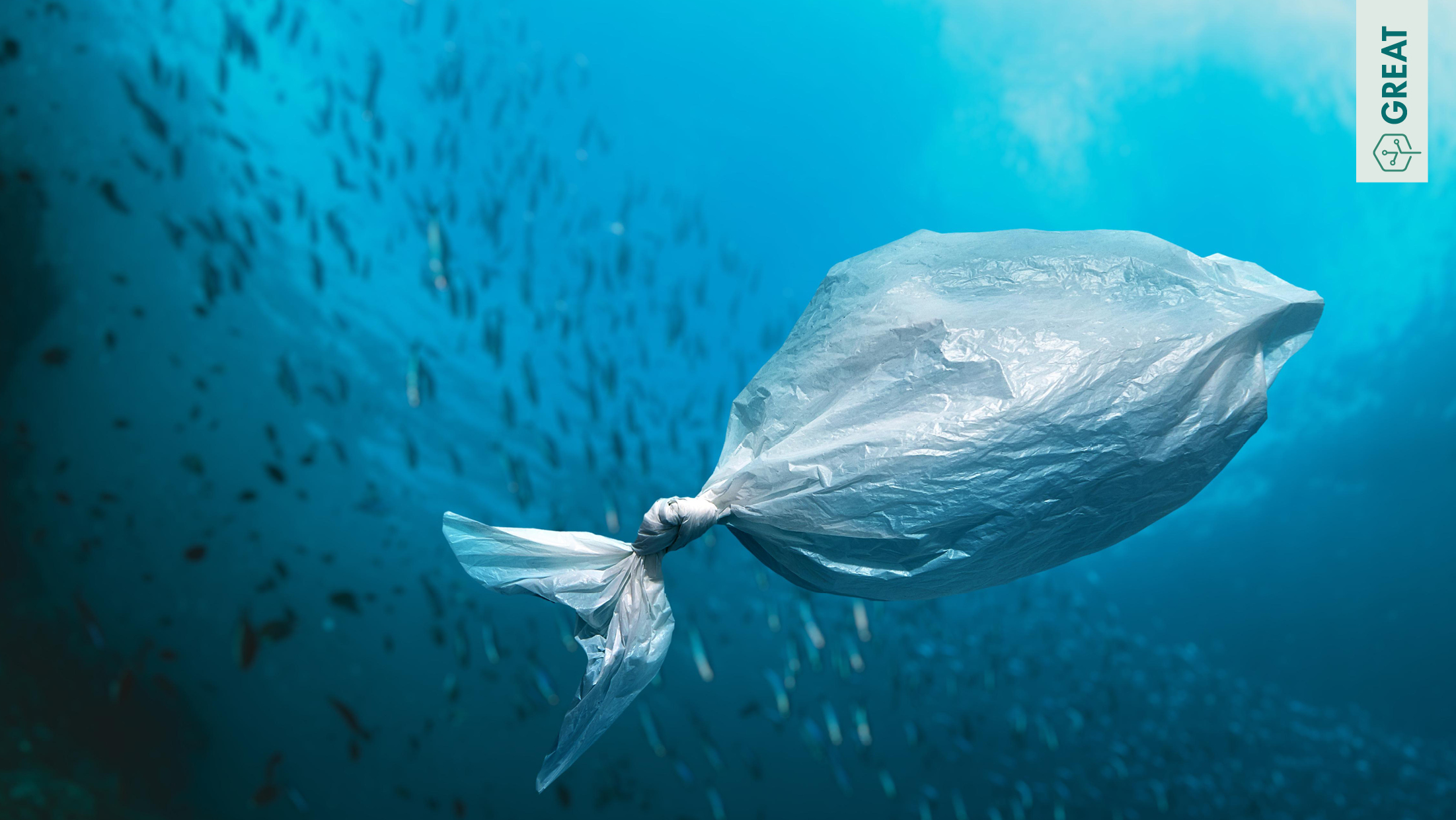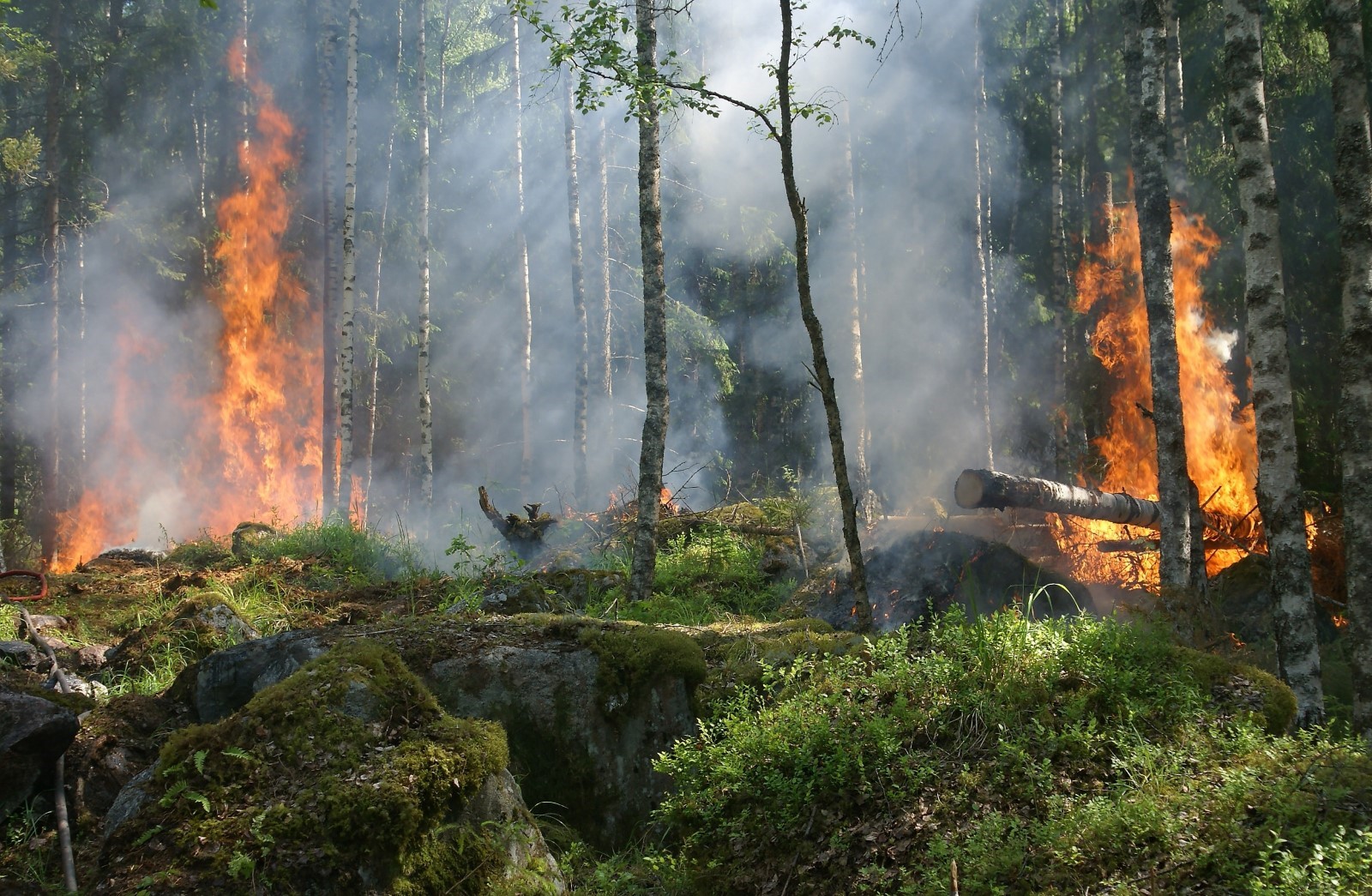Reference Use Cases & Initiatives Phase 2
Biodiversity
Climate Change Adaptation
Zero Pollution
Circular Economy
Biodiversity Reference Use Cases & Initiatives

Biodiversity
Green Deal Data Space
AI4 Trees
The project AI4Trees researches, develops and combines technologies that allow to understand and explain how climate change affects tree growth at a single tree species level. This is an essential component for optimizing carbon segregation, biodiversity and climate adaptation in forest ecosystems.
More info here.
Biodiversity in the Wadden Sea
The case researches the impact of sea level rise (SLR) on morphology and thus the distribution of ecotypes in the Wadden Sea.This case study analyses the change in morphology of certain IPCC (or KNMI) scenarios and will be translated to potential effects on biodiversity, i.e. flora and fauna of the area.
Natural Capital Modelling
Nature is a continuous source of inspiration that can help to tackle and mitigate current challenges like urbanization and climate change. The Atlas of Natural Capital (ANK) using variety of datasets, creates even more of them and aids in providing this kind of tools for policy and society, and will help to find appropriate solutions, especially on the long-term.
More info here.
Climate Change Adaptation Use Cases & Initiatives

Climate Change Adaptation
Green Deal Data Space
USAGE
| USAGE (Urban Data Space for Green Deal) provides solutions and mechanisms for making city-level environmental and climate data available to everyone based on FAIR principles.
More info here. |
HARMONIA
HARMONIA provides a resilience assessment platform to help urban stakeholders understand and quantify Climate Change effects.
More info here.
City of Thessaloniki
This pilot concerns the 11 cities that comprise the metropolitan area of Thessaloniki and their need to realise data-driven environmental policy-making.
More info here.
Zero Pollution Reference Use Cases & Initiatives

Zero Pollution
Green Deal Data Space

GHG Emissions from forest fire
This use case focuses on the improvement of the accuracy of the GHG emissions from fires integrating the in-situ information with satellite-based products available: Copernicus EFFIS real-time updated burnt areas database, CORINE Land Cover IV level,ESA CCI Biomass, Sentinel 1 & 2 images
More info here.

UNLOCK PROJECT
UNLOCK is an open infrastructure for exploring new horizons for research on microbial communities (from environment to health). The UNLOCK FAIR data platform is a vital part of the enabling character of the UNLOCK facility. The heart of the UNLOCK FAIR data platform consists of two elements; SURFsara-hosted iRODS data management, long-term storage and computing using containerized applications and workflows. For data handling UNLOCK has adopted the Resource Description Framework (RDF) data-model as it enables the integration of independently created resources in a semantically structured framework. Most of the data that is managed is related to omics (metagenomics, transcriptomics, proteomics, metabolomics).
More info here.
Circular Economy

Circular Economy
Green Deal Data Space
Starling
The Starling RUCIs, by Airbus, is a tool for deforestation monitoring and supply chain mapping. It measures the environmental impact of supply chains and delivers on deforestation-free commitments. Starling provides a user-friendly digital platform that can help reach no-deforestation and net zero commitments faster, by measuring the environmental impact across supply chain. Providing high quality intelligence on forestry changes, Starling is able to identify issues, prioritise actions and, above all, match insights with clearly identified institutional and market needs.
More info here.
Deforestation monitoring
The Deforestation monitoring by Planet, provides tools (developed in collaboration with Microsoft and multiple other data and infrastructure providers like Deloitte, Esri, etc.) powered by multiple data sources giving new insights into relationship between deforestation and wildlife in critical ecosystems (like the Amazon Rainforest), tracking and geolocating supply chains, identifying deforestation in supply chains.
More info here.
Forestry Data Space
The goal of the Forestry Data Space (FDS), by wetransform, is to improve the availability of high-quality data for private and public decision-making processes and to foster open innovation. Through the data and tools that are part of the FDS, risks related to climate change can be mitigated and revenue can be protected or enhanced, especially considering carbon capture and other incentives. It also contributes to biodiversity and the social and recreational functions of forests.
More info here.









